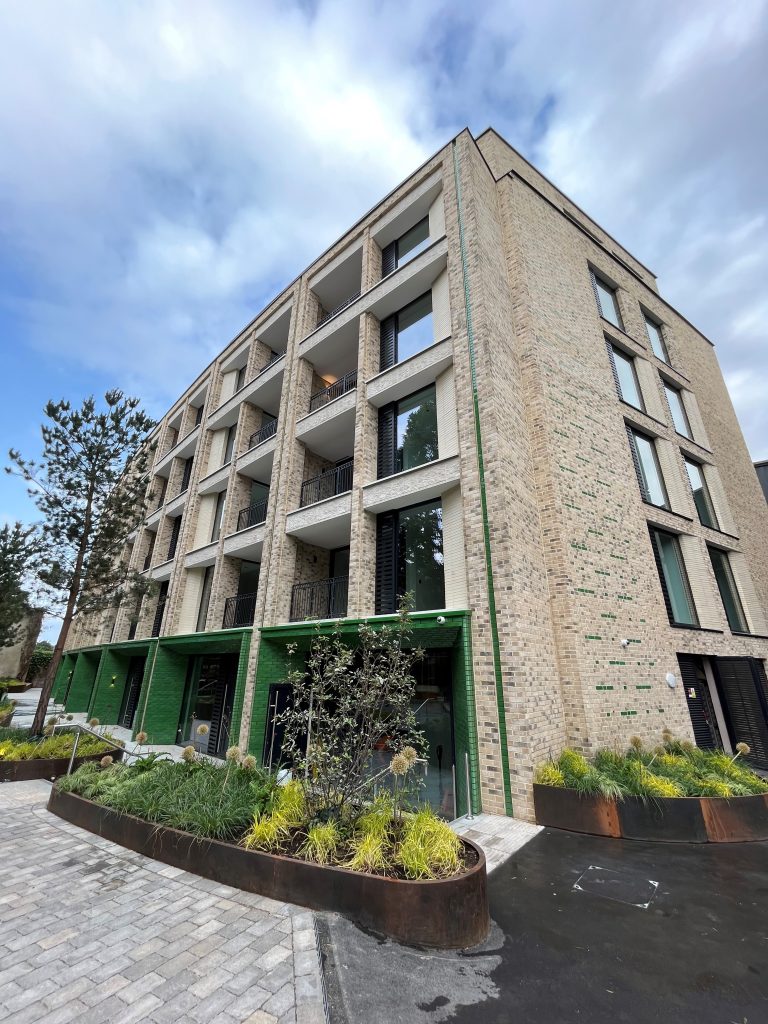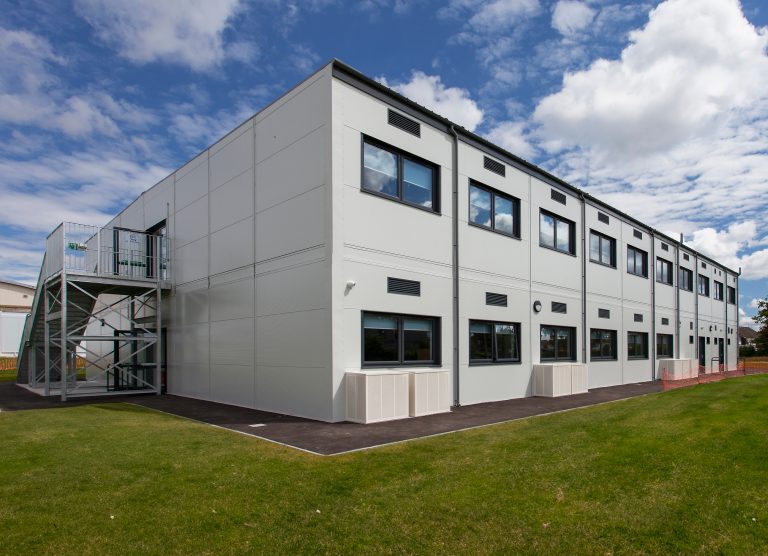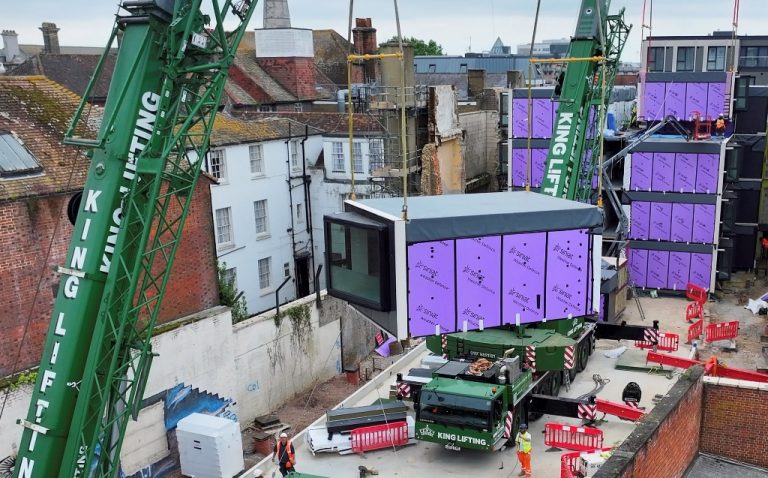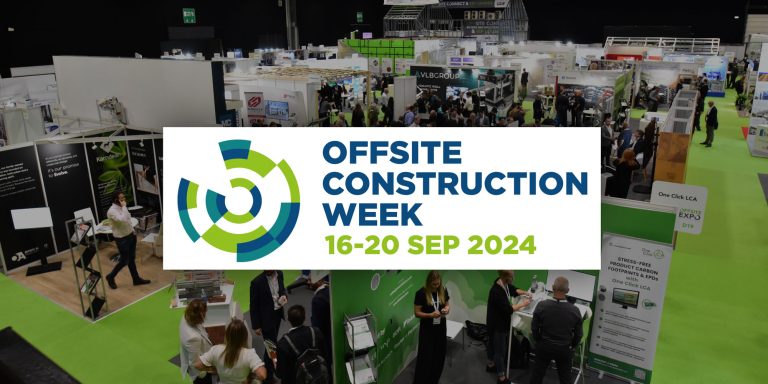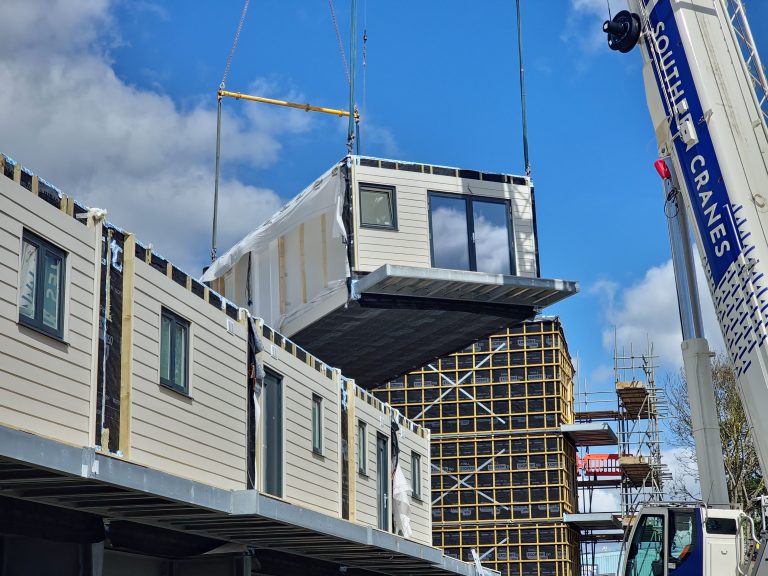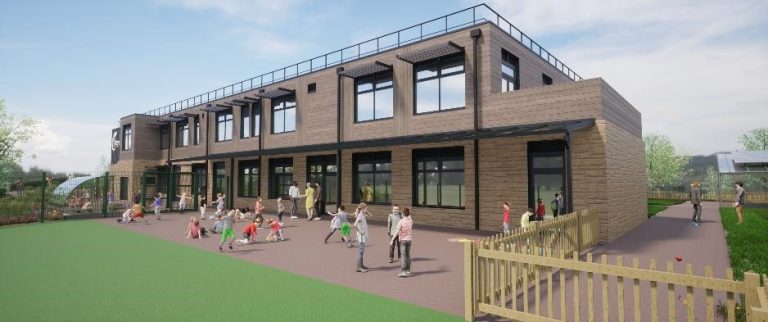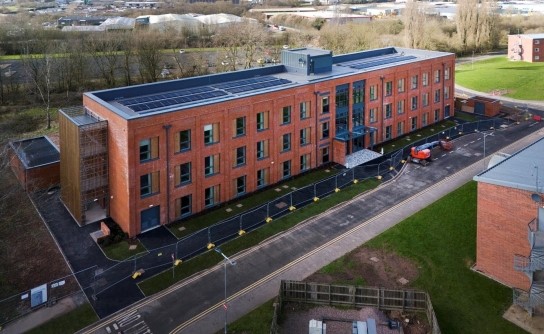The UK construction industry is set to experience a shift in thinking with the September launch of Offsite Construction Week (OCW) – an unprecedented collaboration amongst leading industry pioneers and associations. Organisers of the influential Offsite Expo and Offsite Awards have partnered with industry leaders with the specific goal of inspiring strategic collaboration across the offsite construction sector. A UK first, Offsite Construction Week will bring together clients, manufacturers, developers, architects, specifiers, project managers, legislative and accrediting bodies for a week-long series of events, debates, and discussions on how to accelerate sector growth by removing current barriers to MMC implementation. Uniting industry leaders from different construction and material sectors, the newly-formed Advisory Group will create a set of objectives for successfully expanding the application of offsite construction methods and technologies, ensuring that every stakeholder’s perspective is reflected in the resulting strategy. The Advisory Group comprises 20 of the most well-informed and respected industry figures at the forefront of offsite innovation from pioneering companies and industry bodies. For full details of the Advisory Group, go to: www.offsiteconstructionweek.co.uk/advisory-group Together, these industry leaders will curate the Offsite Expo Masterclasses, roundtable debates and events that take place throughout the five days of Offsite Construction Week. Through a series of practical seminars that share insider knowledge of projects success factors and learnings – speakers will offer solutions to legislative, procurement, procedural, and financial roadblocks to accelerating the pace of implementing offsite methods and products in construction. Key topics to be addressed will include but are not limited to, creating industrialised construction ecosystems, enhancing building safety, increasing productivity, closing the performance gap, driving innovation, digital delivery for tomorrow, creating a zero-snag culture and delivering against net zero carbon targets. On behalf of the Advisory Group, spokesperson Tudi Sully said, “We will act as industry ambassadors for delivering a better built environment, chairing roundtable debates and connecting decision makers from various client organisations, industry bodies, government stakeholders and the supply chain. “By engaging in an open, unbiased and critical debate of current roadblocks to the implementation of approaches such as DfMA, offsite, MMC and industrialisation; showcasing past project challenges and successes; and offering insights from different vertical sectors, the Advisory Group will demonstrate a roadmap for the wider adoption of these innovative solutions. “With the ambitious goal to help accelerate the UK government’s agenda for a safer, more sustainable and faster-growing built environment, the Advisory Group will not only connect top decision makers but will also oversee an educational outreach to young professionals, apprentices and students in construction programmes – all of which will start at Offsite Construction Week.” The Advisory Group’s involvement during Offsite Construction Week will include curating the programme and leading the Masterclass seminars, sharing insights from the organisations they represent and presenting a highly focused, factual overview of the sector and the challenges it faces. Whilst the discussions in the Masterclass Theatre will equip attendees with a well-balanced view of the industry’s roadmap for the future, the Advisory Group will set the tone for a series of live webinars on some of the most pressing issues in the industry. About Offsite Construction Week Taking place from 16-20 September 2024, Offsite Construction Week will showcase the most comprehensive series of offsite technology events ever seen in the UK. The aim of the curated selection of seminars, industry awards ceremony, site tours and features exhibition, is to highlight the benefits and advancements in offsite construction, driving innovation and collaboration across the sector. Unilateral Support Offsite Construction Week is supported by a robust lineup of industry associations, including BUILDOFFSITE (BOS), Building Engineering Services Association (BESA), Chartered Institute of Architectural Technologists (CIAT,) Light Steel Frame Association (LSFA), MMC Ireland, Modular and Portable Building Association (MPBA), Offsite Alliance, Steel Construction Institute (SCI), Structural Timber Association (STA) and others have come together to support the most comprehensive series of offsite events the country has ever seen. To keep informed go to: www.offsiteconstructionweek.co.uk Building, Design & Construction Magazine | The Choice of Industry Professionals
